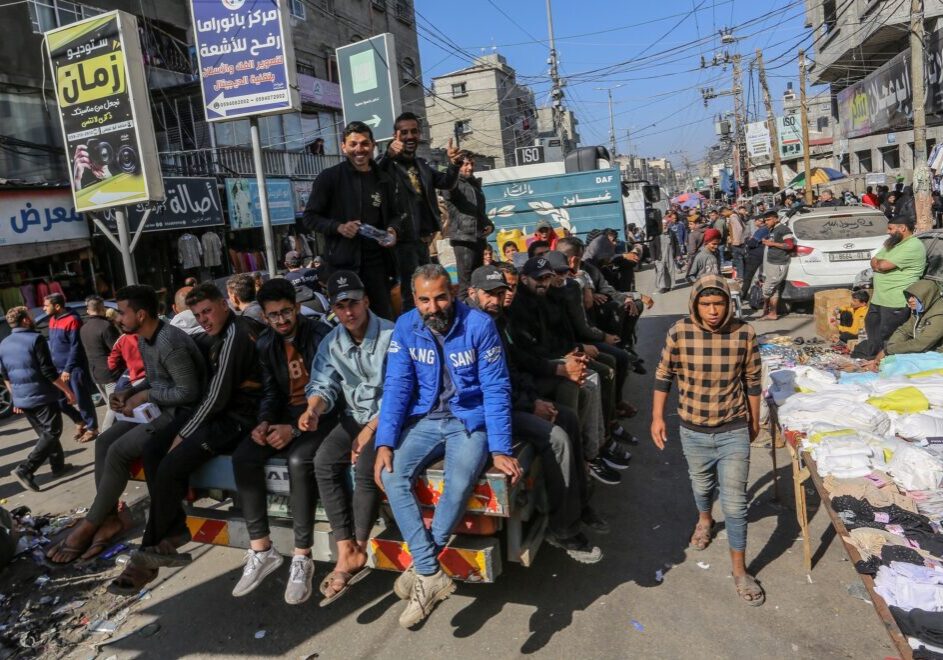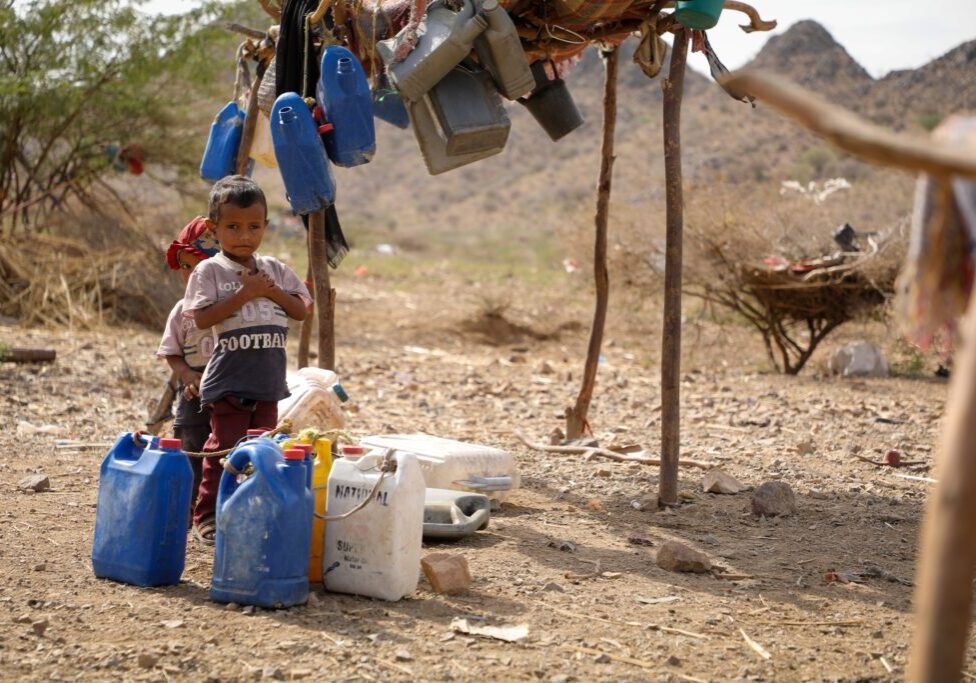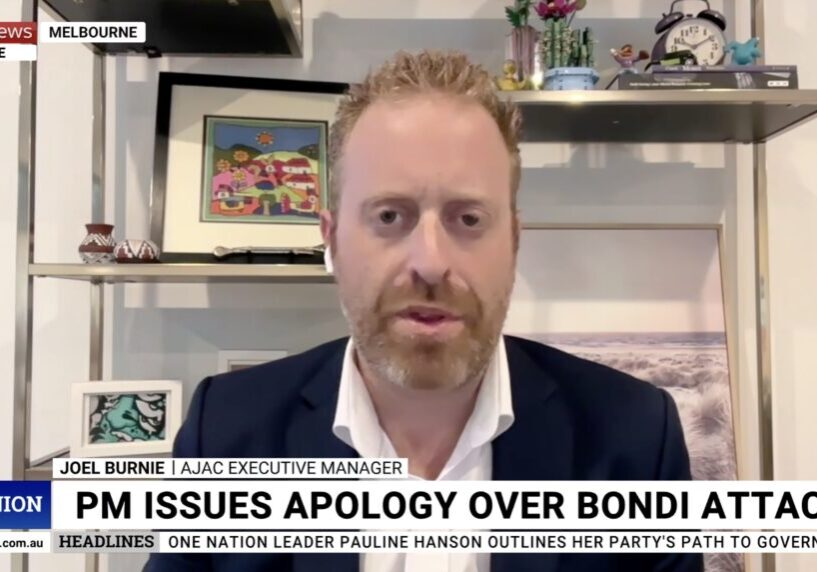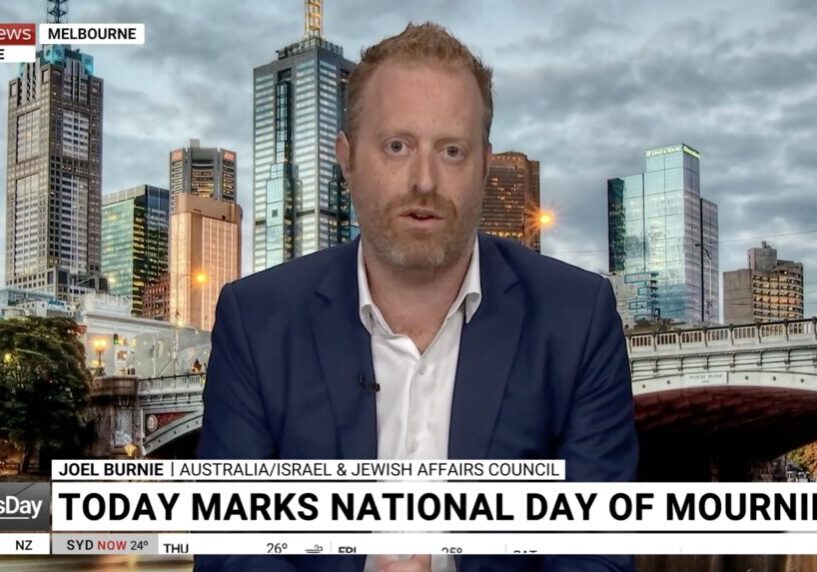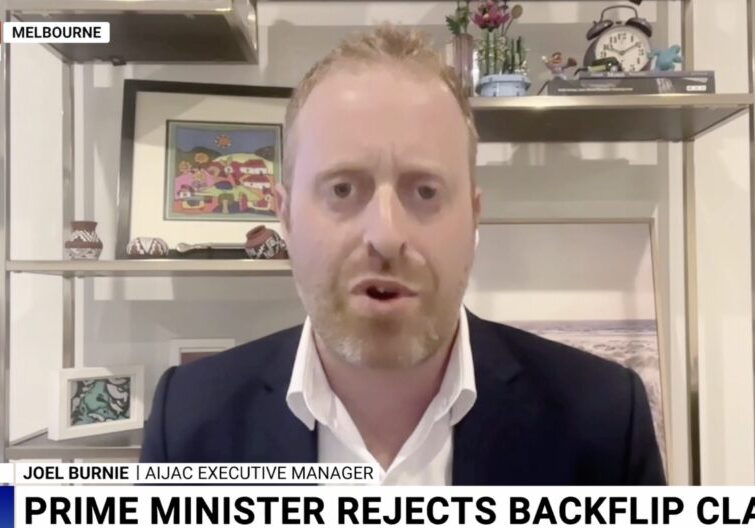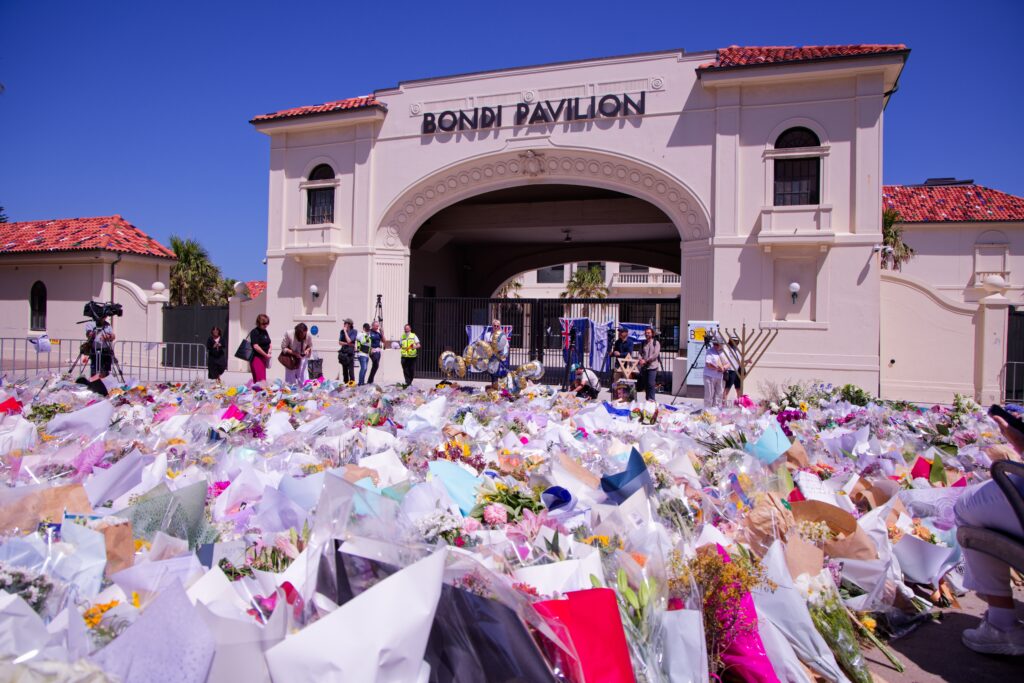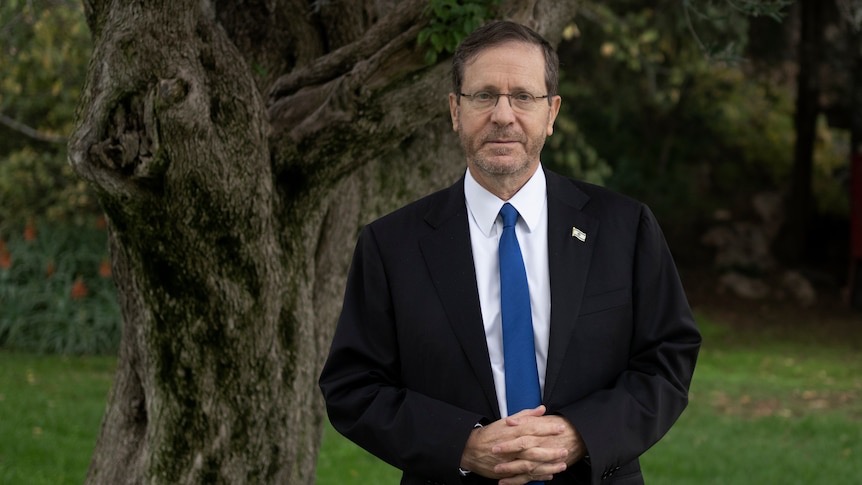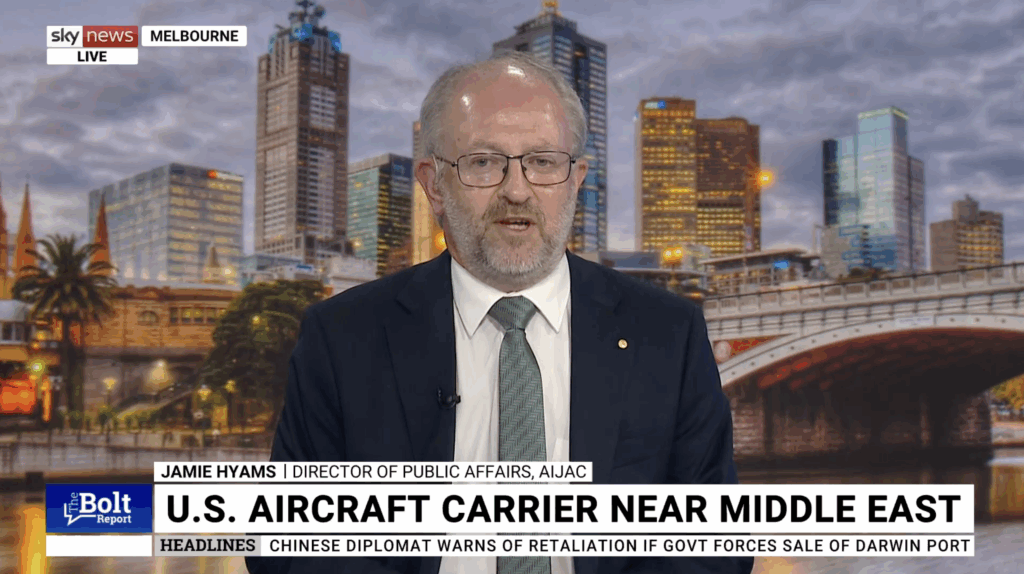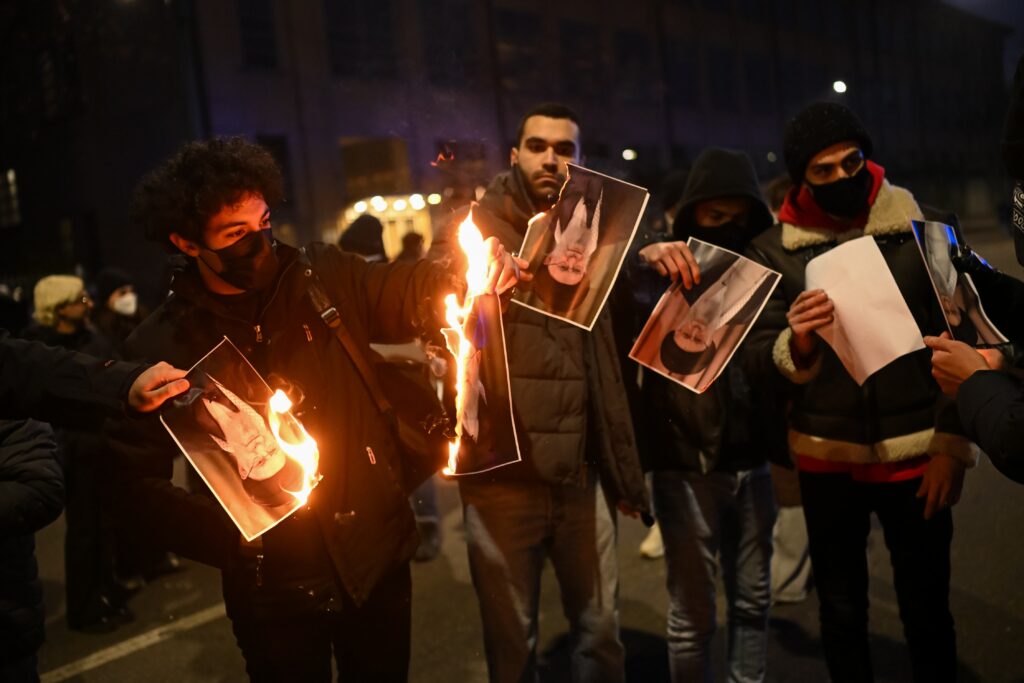FRESH AIR
Abbas said some positive sounding things in UN speech – pity they are so far-fetched
September 30, 2025 | Oved Lobel
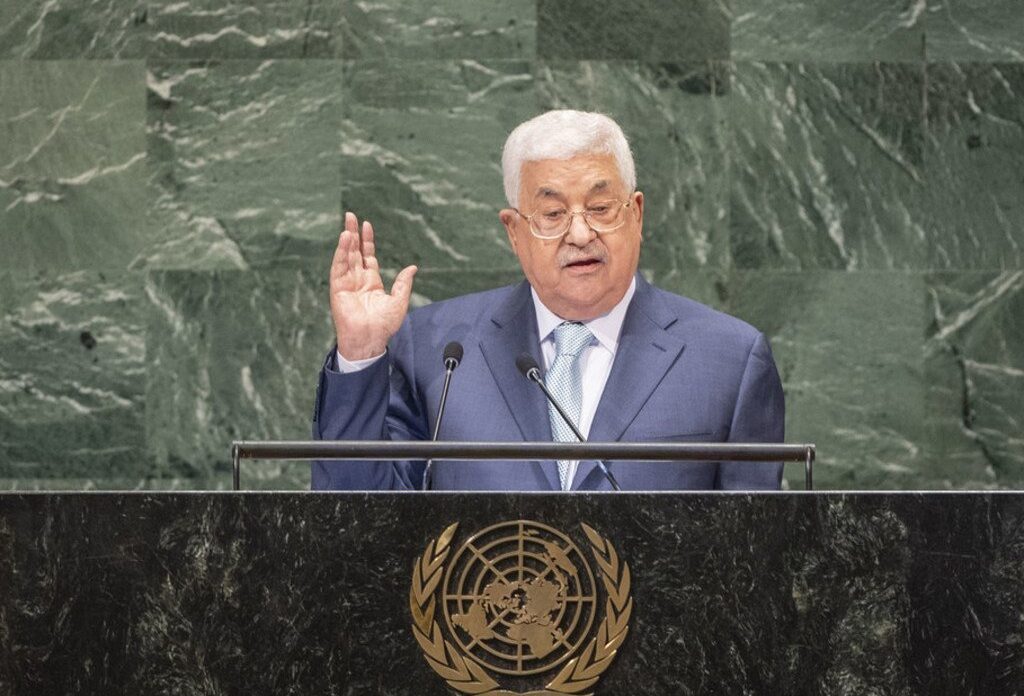
Palestinian Authority (PA) President Mahmoud Abbas’ speech to the United Nations on September 22 during the ‘High-level International Conference for Peaceful Settlement of the Question of Palestine and Implementation of the Two-State Solution’ contained several welcome commitments. These included concrete timelines for elections, and governance, financial and educational reforms, as well as a call for Hamas to release all Israeli hostages held in Gaza.
Unfortunately, even in the best-case scenario, such commitments are meaningless, as long as Abbas lacks any real plan for disarming and marginalising Hamas as a political and military force.
“Hamas will have no role in governance, and it, along with other factions, must hand over its weapons to the Palestinian Authority, because we want one unified state, without arms outside the framework of the law, under one legal system, and with one legitimate security force,” Abbas declared. But who is going to force Hamas to give up power and hand over its arsenal? The PA certainly can’t.
It also doesn’t help that the first actions Abbas demanded in his speech were a permanent ceasefire and IDF withdrawal from Gaza, the unfettering of UNRWA for aid delivery, the release of all Palestinian prisoners from Israeli jails and the immediate start of reconstruction. If these demands were implemented today, the effect would be to further empower and entrench Hamas, which still has tens of thousands of operatives under arms, and which still controls much of the population of Gaza.
Moreover, as AIJAC’s Bren Carlill documented in a September 2025 analysis of Palestinian public polling data over the last 11 years, Abbas and the PA do not have much in the way of popular legitimacy, to put it mildly. They are certainly less popular than Hamas. A presidential and parliamentary election, both of which Abbas committed to hold within a year of the war’s end, which excluded Hamas would be considered inherently illegitimate by many or even most Palestinians, and thus only further undermine the PA’s already abysmal standing.
Abbas’ assertion that he and the PA “firmly oppose” antisemitism is belied by the plethora of remarks and activities over several decades, including numerous statements by Abbas himself.
Also not credible is Abbas’ statement that “We want a modern democratic state based on the rule of law, pluralism, peaceful transfer of power, equality, justice and the empowerment of women and youth.” There has been nothing keeping him from creating such an entity since he took power in 2005. Instead, he has established an exceedingly corrupt, oppressive, misogynistic and authoritarian regime, without any elections for almost 20 years. Meanwhile, he has refused to engage the Israeli Government in bilateral negotiations since 2014.
None of this is to say the international community should not try to force the PA to genuinely reform. School curricula should be brought in line with UNESCO standards, so-called “pay-for-slay” payments should be truly ended and real elections should, in theory, be held as soon as possible. All of this should have happened long ago.
Unfortunately, Western states recognising a non-existent Palestinian state before any reforms have been implemented, rather than conditioning recognition on observable reforms, have recklessly thrown away key leverage.
Additionally, if free and fair elections were to be held, Hamas would likely win, and ending payments to terrorists or their families is deeply unpopular, as is curriculum reform.
Indeed, the last time UNRWA tried to use complementary teaching materials to address incitement in PA-produced textbooks, the PA suspended ties, while UNRWA’s overwhelmingly local Palestinian staff refused to cooperate. UNRWA backed down.
Abbas also continues to refuse to recognise Israel as a Jewish state – a key Israeli demand and an essential part of the two-states for two-peoples formula – merely reiterating in his speech that “that we already recognised Israel’s right to exist in 1988 and 1993, and we continue to do so.” In late 2014, Abbas said, “We will never recognise the Jewishness of the state of Israel.”
You would never know from Abbas’ speech that Hamas launched the war on October 7, or that the attack was especially heinous or large-scale: “We reaffirm our condemnation of the crimes of the occupation, as we also condemn the killing and kidnapping of civilians, including what Hamas committed on October 7, 2023.”
Abbas also condemned the failed strikes targeting Hamas’ leadership in Qatar, as well as “the occupation’s policies that isolate Jerusalem, expand construction in Area E1, and promote rhetoric of a ‘Greater Israel’.” In addition, he demanded “an end to settlement activity, annexation, settler terrorism, and assaults on Islamic and Christian holy sites.”
The speech overall was still more positive and less hysterical than previous speeches. Abbas did say the right thing towards the end:
I say to the Israeli people: Our future and your future lie in peace. Let the violence and war end. Our generations deserve to live in security and freedom, so that the peoples of our region may live in lasting peace and good neighbourliness. On this occasion, I wish all Jews around the world a happy New Year on the occasion of Rosh Hashanah.
However, these remain mere words. They do not at all reflect Abbas’ rhetoric or actions to date, much less the views of most Palestinians.
Not only is there no plan to disarm and dissolve Hamas as a political and military entity, it seems clear the Abbas-led PA is not capable of real reform, as it has demonstrated for decades. But even if it were, it has almost no support among Palestinians and no means of enforcing its writ even in the West Bank, much less Gaza. Unless and until that changes, Abbas’ commitments and call for peaceful coexistence in this speech will remain as symbolic and meaningless as the recognition of Palestine by Australia and other Western countries.
Tags: Israel, Palestinian Authority, Palestinians





